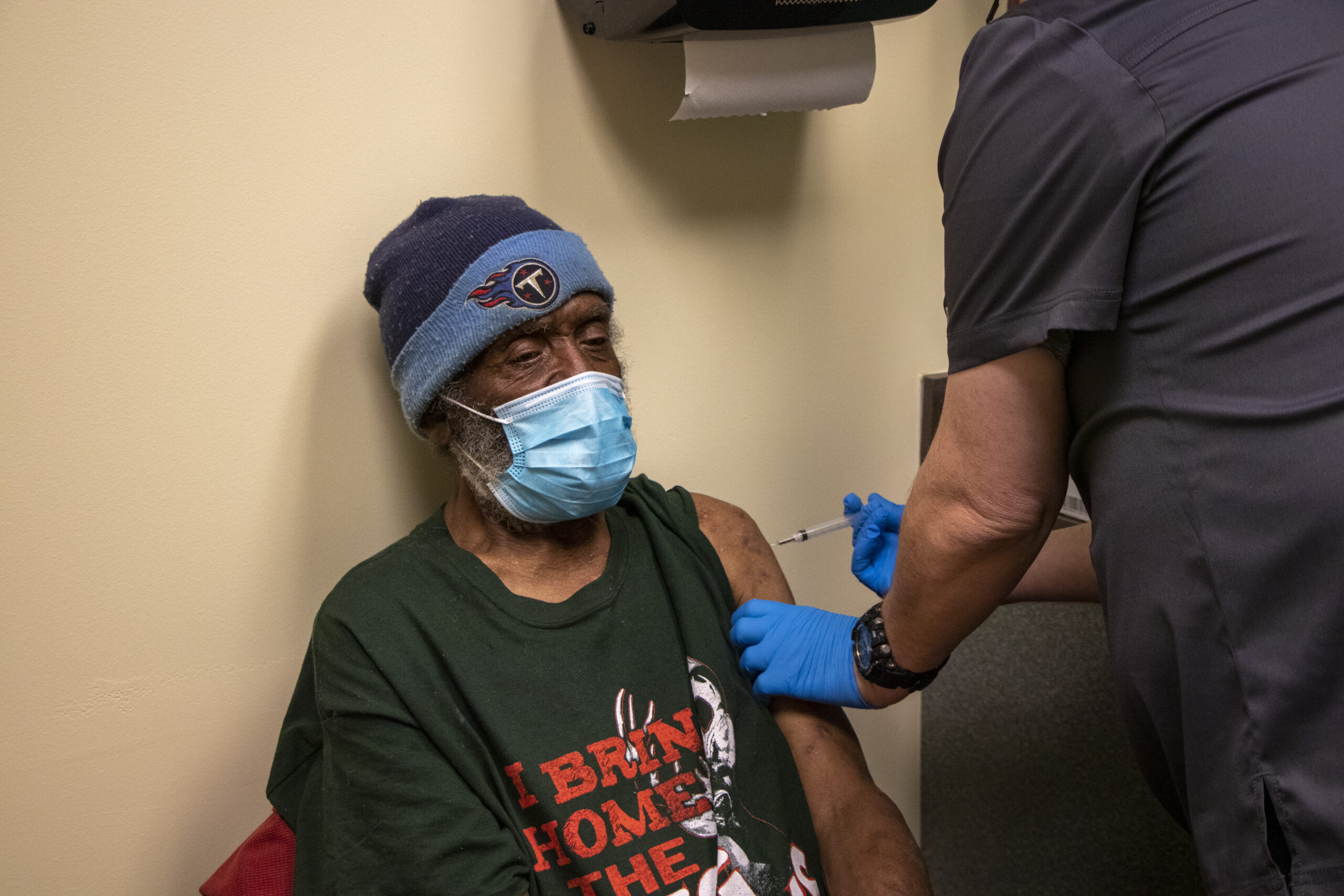Neighborhood Health

“I feel safer now!”
Throughout 2020, COVID-19 devastated the nation and the world. On Dec. 11, 2020, the U.S. Food and Drug Administration’s first emergency use authorization for a COVID-19 vaccination – the Pfizer-BioNTech COVID-19 Vaccine – brought hope for better days ahead. The Moderna and Johnson & Johnson vaccines quickly followed. As of July 26, 2021, Reuters’ COVID-19 Tracker shows more than 341 million doses have been administered in the U.S.
In response to the pandemic, the Center for Disaster Philanthropy (CDP) launched the COVID-19 Response Fund to support nonprofit organizations working directly to respond to the pandemic among marginalized communities. As the pandemic progressed, our areas of focus adapted to meet current needs, such as equitable access to and accurate information about vaccines.
To that end, Neighborhood Health (formerly the United Neighborhood Health Services of Tennessee) received a grant from the COVID-19 Fund to reach some of middle Tennessee’s most disproportionately affected and at-risk residents. CDP funds supported their efforts to reduce COVID-19 transmission.
Neighborhood Health continues to focus on maintaining or improving the health of marginalized communities in their area, and their work now includes providing COVID-19 vaccines to those in need.
Ron*, pictured above, was the first individual given a vaccine at Neighborhood Health. Their Downtown Clinic, a drop-in clinic located in downtown Nashville, is devoted to providing comprehensive services to those experiencing homelessness. Just one day after celebrating his 79th birthday, Ron visited the clinic and agreed to receive the first dose of his COVID-19 vaccination, “I feel safer now!”
The Neighborhood Health’s Street Team is working to ensure equitable access to COVID-19 vaccines and to follow up with individuals, like Ron, to ensure they return for their second dose.
CDP is proud to support Neighborhood Health’s efforts to improve the well-being of marginalized Tennesseeans.
*Name has been changed to protect the privacy of the individual.